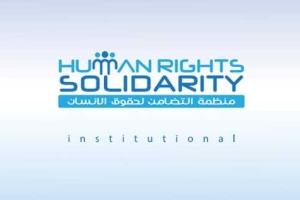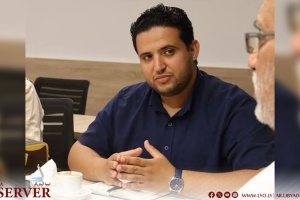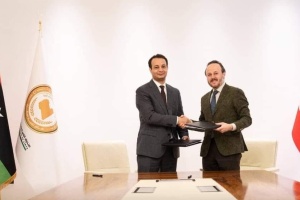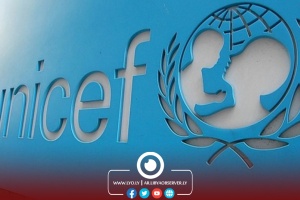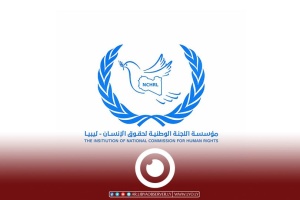The Benghazi Internally Displaced Persons (IDPs) Association has said it is surprised by the statements of the United Nations (UN) Special Adviser, Robert Piper, about finding solutions to internal displacement, noting that the statements have not shown enough interest in the reality of Libyan IDPs, voicing concerns at the UN advisor’s publication of information that "did not show the true reality of internally displaced people because he did not take into account that most of the displaced people from the eastern region, who represent the overwhelming majority."
The Benghazi IDPs Association's statement explained that the criticism of those concerned with the issue about the accuracy of the numbers contained in Piper's statements, which did not clearly indicate the displaced people of the eastern region, made it gain importance because of its impact on understanding the Libyan humanitarian and political situation, especially the national reconciliation program and its accompanying projects.
The Association indicated that the numbers mentioned in Piper's statements were completely different from what was estimated by the United Nations High Commissioner for Refugees, demanding that they be clarified more precisely. It called for the need for the statements to include the displaced people from the eastern region, especially Benghazi, as it had the most displacement rates, saying "they are of great importance in terms of the history of displacement and the challenges they face."
It also said that talking about the problem of internal displacement in the country should be more accurate and based on precise and impartial information to ensure stability, transitional justice and human rights.
Meanwhile, Piper said the number of IDPs in Libya decreased from 50,000 to about 36,000, most of whom come from Tawergha and Murzuq. He indicated that the UN had made 80% progress in solving the problem of internal displacement since late 2020, taking a number of measures, including promoting social integration and reconstruction in conflict-affected areas, without addressing the issues of Benghazi IDPs.



